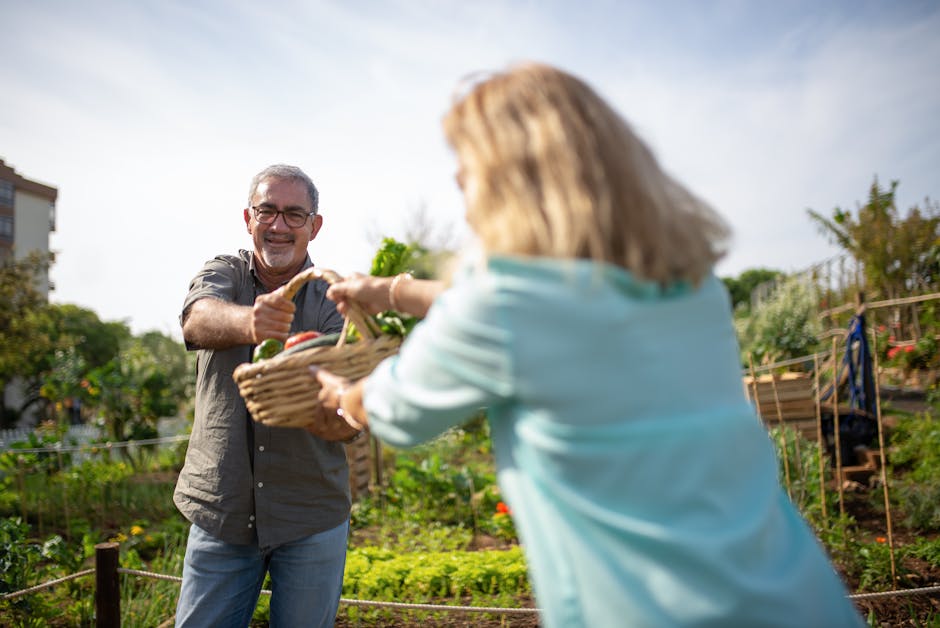
Unveiling the Hidden Therapeutic Effects of Retirement Gardening
Retirement is the golden phase of life when one can finally bid farewell to the hustle and bustle of the corporate world. It's a time to relax, pursue hobbies, and indulge in activities that bring joy and contentment. One such activity that has gained significant popularity among retirees is gardening.
Gardening has long been hailed for its physical and mental health benefits. It provides a perfect way to stay active, engage with nature, and unleash one's creativity. In the context of retirement, gardening takes on a whole new level of significance.
A retirement garden serves as a therapeutic sanctuary, offering numerous advantages that contribute to overall well-being. Let's explore the hidden therapeutic effects of retirement gardening:
1. Stress Relief
Gardening acts as a natural stress reliever. Spending time amidst the greenery, tending to plants, and experiencing the serenity of nature can help alleviate stress and promote relaxation. The physical activity involved in gardening releases endorphins – the feel-good hormones, reducing anxiety and easing tension.
2. Mental Stimulation
Gardening challenges the mind and helps keep it active. Planning and designing a retirement garden, learning about different plant species, and problem-solving to maintain the garden's health require mental effort. This mental stimulation can help improve cognitive function and memory.
3. Physical Fitness
Retirement gardening offers a range of physical benefits. Digging, planting, watering, and pruning all involve physical activity, which helps keep the body fit and agile. It provides a way to engage in moderate exercise without the monotony of traditional workouts, making it an enjoyable and effective way to maintain physical fitness.
4. Sense of Purpose
Having a retirement garden gives a sense of purpose and responsibility. It requires tending to the plants' needs, nurturing them, and watching them grow. This sense of purpose and the feeling of being needed fosters mental well-being and satisfaction.
5. Social Interaction
Retirement gardening can be a social activity as well. Joining gardening clubs, participating in community gardening projects, or simply sharing gardening tips and experiences with fellow retirees can enhance social connections and combat feelings of loneliness.
If you're a retiree, it's never too late to start your own retirement garden. Begin by deciding the type of garden you want – whether it's a flower garden, a vegetable patch, or a combination of both. Consider the available space, sunlight, and your personal preferences.
As you dive into retirement gardening, remember to start small and gradually expand. Seek advice from local gardeners or invest in gardening books to acquire knowledge and skills. Embrace the process and enjoy the journey of creating a peaceful haven that fosters both physical and mental well-being.
Retirement gardening unlocks the hidden therapeutic effects that can significantly enhance the quality of your retirement years. Discover the joy of growing your own plants, connecting with nature, and reaping the countless benefits that gardening brings.
